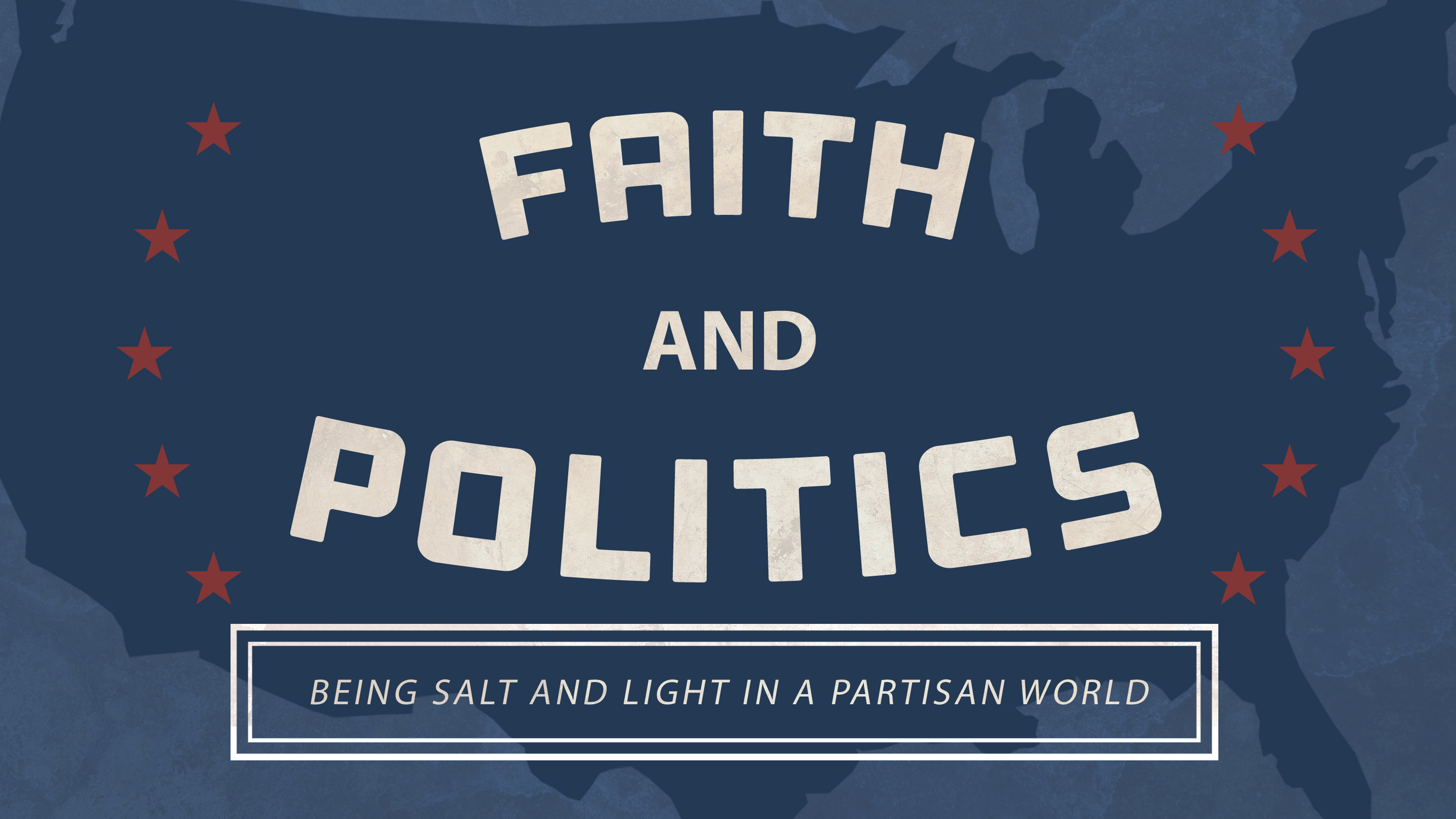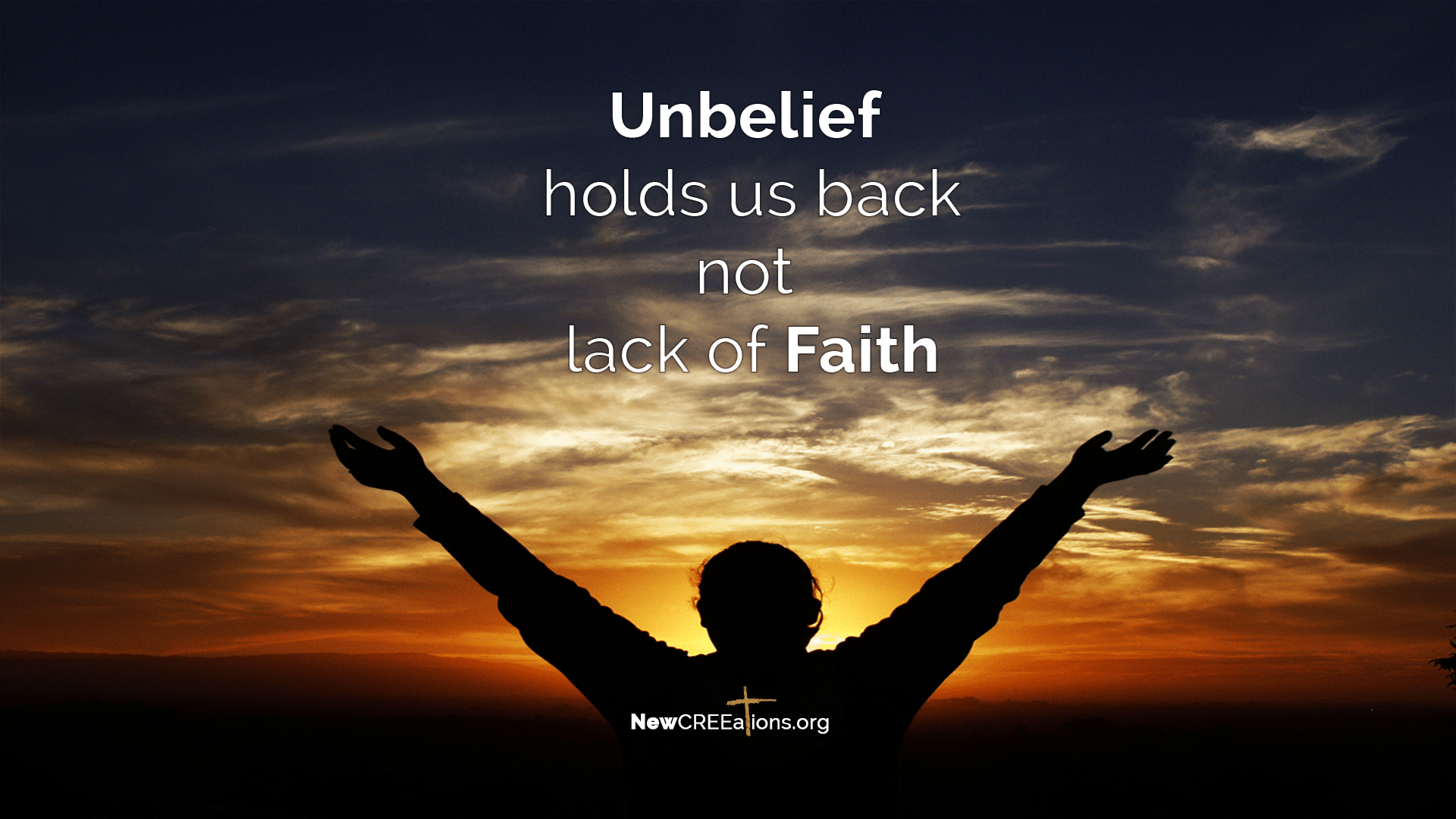Navigating Faith and Belief in Modern Times
Questioning Long-held Beliefs
As we progress through life, it is only natural for us to start questioning the beliefs and value systems we held as children. Coming of age means gaining a more nuanced understanding of the complexities in the world. No longer are things seen in black and white; we start recognizing the shades of gray. This journey of self-discovery often brings us to examine our most fundamental beliefs, including faith and religion. Things that were presented to us as absolute truths as kids may no longer seem so clear-cut. We realize that our parents and mentors were fallible humans too. The questioning can shake us to our core and feel terrifying at times. But it is ultimately a normal and healthy process of maturing intellectually.

Accepting Uncertainty and Living with Ambiguity
One thing we must accept from the start is that there are no objective or definitive answers to questions about faith, religion, and God. As much as we may want certainties, the nature of these topics means we will never attain them. Trying to find “proofs” online or get caught up in religious debates will only lead to frustration. Instead, we must be at peace with ambiguity and live with uncertainties. The answers lie within, not without. Through introspection and self-reflection, one can discover their own truth. But we must also allow for that truth to evolve over time through continued scrutiny and growth. Rigidly holding onto old beliefs just for the sake of it serves no purpose either.
Rethinking Religious Dogma
Questioning one’s faith does not necessitate throwing the proverbial baby out with the bathwater. Many grasp this realization only after a period of turbulence. Just because certain religious dogmas no longer ring true does not mean abandoning all that was meaningful. A mature perspective is realizing that religions are complex, living entities that have changed and adapted over centuries. We can choose to preserve the valuable life philosophies and moral tenets while discarding inaccurate doctrines. There is also a middle ground between rigid orthodoxy and atheism - we need not identify with any singular religion but remain open to spirituality.
Finding Personal Meaning
Ultimately, what truly matters is how we conduct ourselves and what we consider important in life. Our beliefs must be meaningful and purposeful for us as individuals. We all have to define faith on our own terms through introspection and scrutiny of what resonates within our souls. There will be moments of despair, but with patience and an open mind, one can emerge on the other side having rediscovered significance. Faith then is a journey, not some static destination. It involves continual growth in understanding through life experiences instead of rigid conforming to dogma. With perseverance and an enlightened perspective, our personal truths will solidify.
Reconciling Internal and External Realities
Coming to accept ambiguities means realizing that religious certainties only hold within specific contexts, not as universal facts. We live in a complex world where binaries of right and wrong rarely apply. Maintaining faith entails reconciling the internal reality of spiritual beliefs with the external nuances of real life. It means finding a balanced viewpoint between orthodoxy and absolute skepticism. With wisdom and compassion, we learn to hold seemingly contradictory notions together - having principles without rigid absolutes, adhering to traditions yet questioning outdated practices. Nuanced thinking becomes the hallmark of a mature, grounded faith able to weather life’s storms.
Reinterpreting Religious Texts and Traditions
Once we accept the dynamic, contextual nature of faith and belief, new opportunities open up. Religious scriptures and traditions need not be taken literally but reinterpreted through the lens of their cultural contexts and original intentions. Core insights can then be distilled and meaningfully applied to modern times. For example, certain biblical passages may be understood not as scientific claims but allegories for moral or spiritual truths. Rituals need not remain static but find new forms of cultural expression. In this light, even leaving one’s religion does not require abandoning all spirituality or affiliation. Belief is deeply personal, and we craft it through lifetimes of learning and living.
Developing Resilience through Uncertainty
Coming to terms with life’s ambiguities is challenging but builds inner strength. We learn to be at ease with impermanence, embrace complexity, and live with open questions. Doubt need not destroy faith but often strengthens it through testing our convictions. Resilience arises from weathering turbulent periods of transition and re-emerging with perspective. Faith then is not so much about arriving at fixed answers as cultivating an open, questing spirit. We find meaning not through proofs but how beliefs move us to lead ethical, purposeful lives. Religious or not, respecting life’s mysteries grants us peace. While paths diverge, shared hopes for compassion keep communities together through differences in theological interpretations.
Living with Integrity
In the end, what truly endures is not rigid adherence to dogmas but how well our principles guide us. Faith sustains not by what we profess but by living with integrity. We inspire by demonstrating virtues like empathy, justice, wisdom - far more than any sermon ever could. Actions speak louder than superficial piety, and lives of service uplift humanity.
Whether religious or secular, our shared hopes center around alleviating suffering. Faith finds purpose by orienting us toward the greater good. With discernment, spiritual beliefs motivate us to build a more compassionate world. That is a goal all belief systems can undoubtedly support when interpreting doctrines wisely and focused on their essence.
